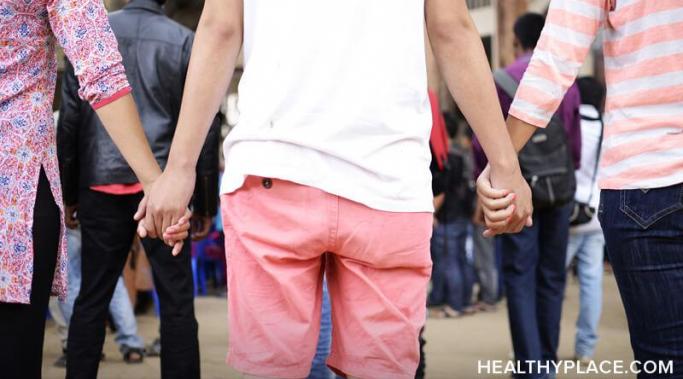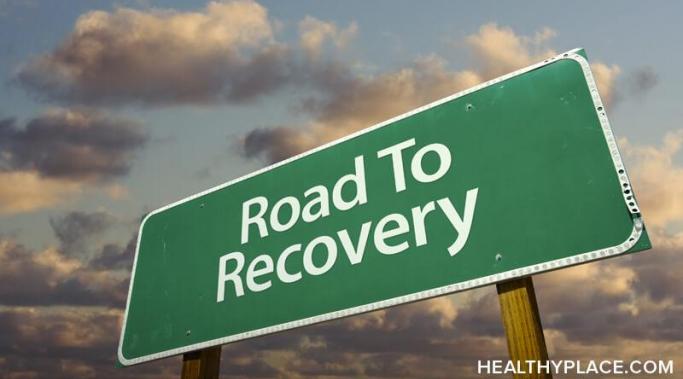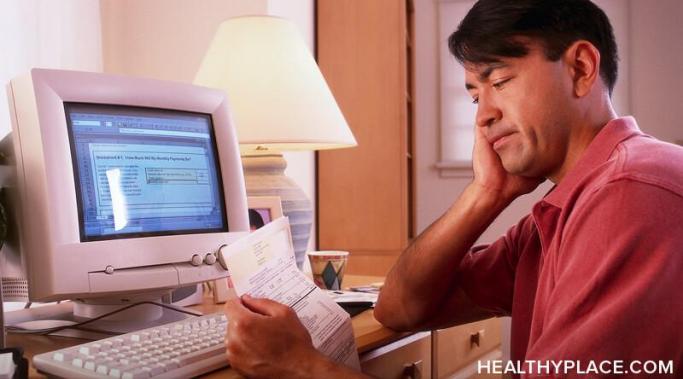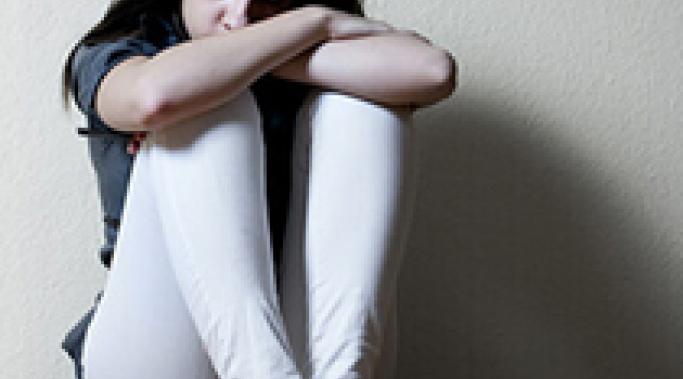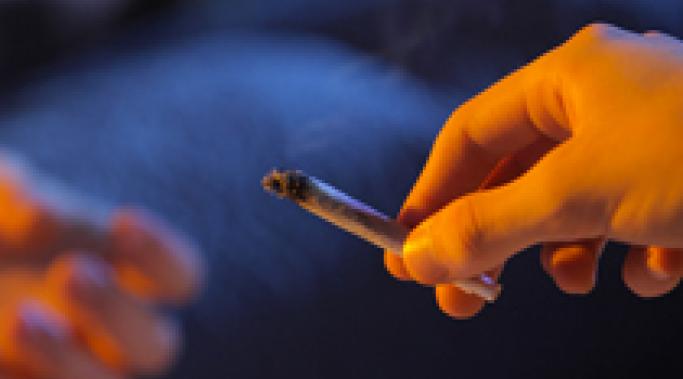My name is Nancy Zacharakis and I’m excited to be joining the Recovering from Mental Illness blog at HealthyPlace. I’ve suffered with depression and anxiety for about three years, from the ages of 21-24. My mental illness began after competing in a bikini bodybuilding competition and suffering with binge eating disorder. The unhealthy relationship with food and my body during my 16-week competition preparation was a catalyst for an eating disorder. My binge eating then led me to feel depressed about my life, my body, my relationships, and my career. I suffered from anxiety as well, feeling anxious about what was happening to me, what my future was going to look like and how I was going to deal with this abnormal behavior.
Recovery Videos
I’m Megan Rahm and I’m a new co-author for the blog Recovering from Mental Illness. I live in Toledo, Ohio with my husband and 14-month-old daughter. I have struggled with mental health symptoms most of my life, and in my early 20s I was diagnosed with bulimia and schizoaffective disorder.
Working while on disability should not be penalized. I used to work in a restaurant for $8.25 an hour for 20 hours a week. I reported this income to Social Security, and my Supplemental Security Income (SSI) benefits were terminated. Not only that, but the government told me they overpaid me and I had to pay the money back--all at once. This is not right. Working while on disability should not be penalized.
Sometimes we don't know if a child's behavior is age-related or a mental illness (Brain Disorders: Mental Disorders vs. Behavioral Disorders). For example, how do you know if your two-year-old is hyperactive or just high-energy? Yet according to the National Alliance on Mental Illness, half of all chronic mental health conditions manifest by age 14, and three-fourths by age 24. In this video, I discuss the difference between age-related behavior and mental illness symptoms.
We should call the police in a mental health crisis only as a last resort. I spent some time at a psychiatric hospital that used off-duty but uniformed Marion County Sheriff's Deputies as security. I thought this was a bad idea because many mental health consumers have had bad experiences with the police. Even though I have no criminal record, I have a mild fear of police officers, especially when in crisis, because I've seen confrontations end badly (Mental Health Crises and Calling the Police). For example, one night a patient refused to go to his room, and security was summoned. One deputy pulled out his can of pepper spray and yelled, "You want some of this?" That's one reason why calling the police during a mental health crisis should be a last resort, especially in hospitals.
Obsessively healthy eating has a name, it's orthorexia nervosa. While not clinically recognized in the Diagnostic and Statistical Manual of Mental Disorders, Fifth Edition (DSM-5), orthorexia nervosa--literally fixation on righteous eating--is no less real to those who suffer from it. Recently I interviewed a doctor about this condition and asked her the question many people with it ask--"When did eating right become bad?" The answer--"When it becomes excessive . . . When it interferes with activities of daily living" (Eating Disorder Facts: Who Gets Eating Disorders?). For example, skipping meals because the "right" food isn't available is not uncommon. Obsessively healthy eating -- orthorexia nervosa -- can be very unhealthy.
There is a difference between drug abuse and drug experimentation. When I was in the state hospital, I was questioned extensively about my use of substances. I admitted to using marijuana twice, both times for medical reasons. So according to my file, I abuse marijuana (Using Marijuana to Manage Mental Health Symptoms). I argued that there's a big difference between drug experimentation and drug abuse. In experimentation, one can take it or leave it. Drug abuse occurs when the person has to have the substance in question despite negative consequences. Drug experimentation does not always equal drug abuse. In this video, I discuss the difference.
Do you know how to cope with self-harm thoughts? Self-injury is a highly stigmatized behavior that is common among people with borderline personality disorder. Self-injury is never a healthy coping skill, and people thinking of self-harm should fight against it by using healthy coping skills. But what healthy coping skills should one use? Here are ways to cope with self-harm thoughts.
Can you consent to abuse? Donald Trump's recent comments about grabbing women have sparked a question: "If his comments are such a big deal, why is 50 Shades of Grey a bestseller?" The problem is that in the novel, the main character consents to the mistreatment (Abusive Relationships – Why do victims stay?). Whether or not Christian Grey's conduct is abusive is a subject for another post, but it raises a valid question--Can you consent to abuse?
It is always sad when faith and mental health stigma go hand in hand (Abused for Christ: When Religion Becomes Painful). Recently I was interviewed by a reporter about the stigma attached to mental health in a faith community.
